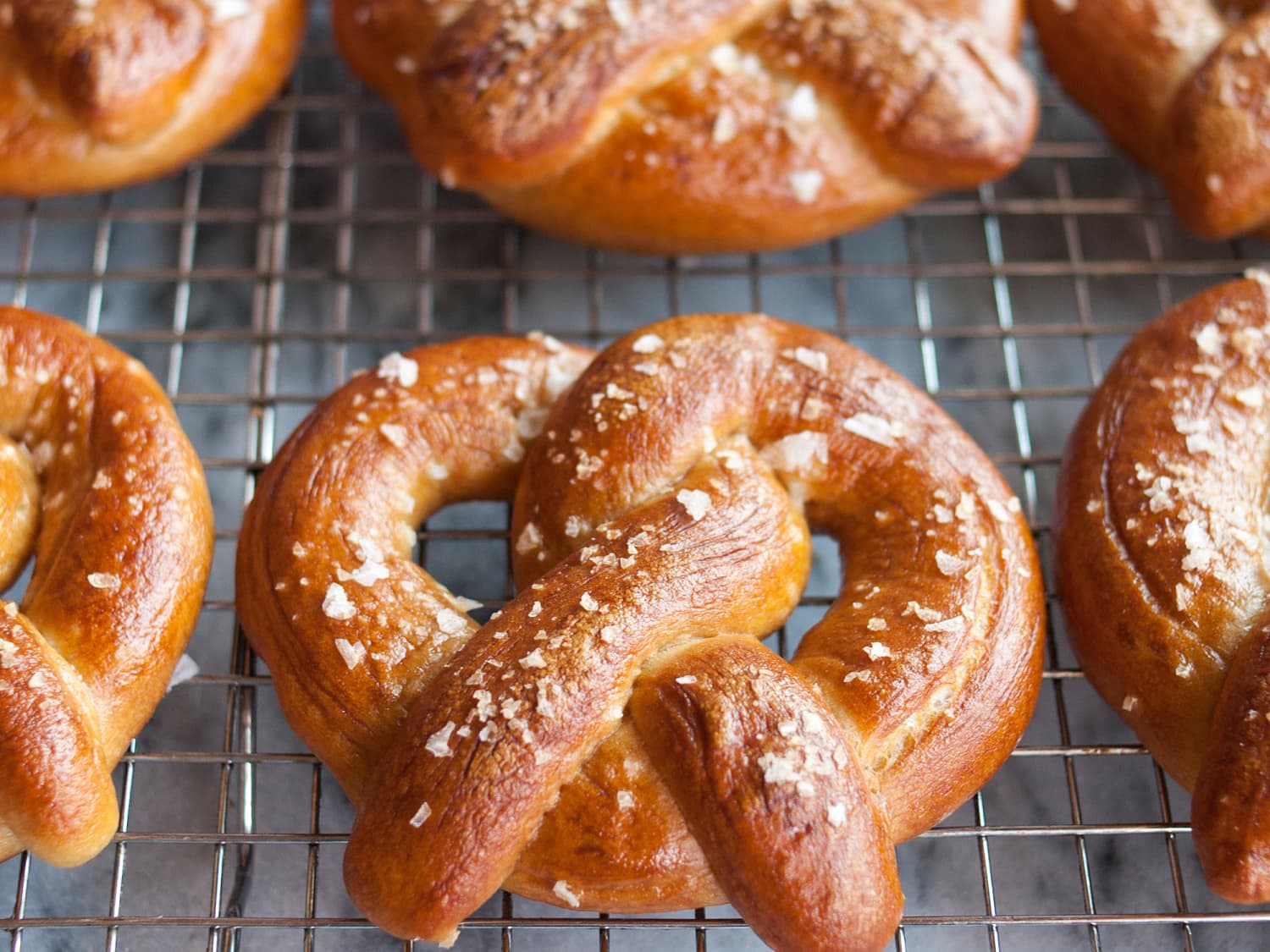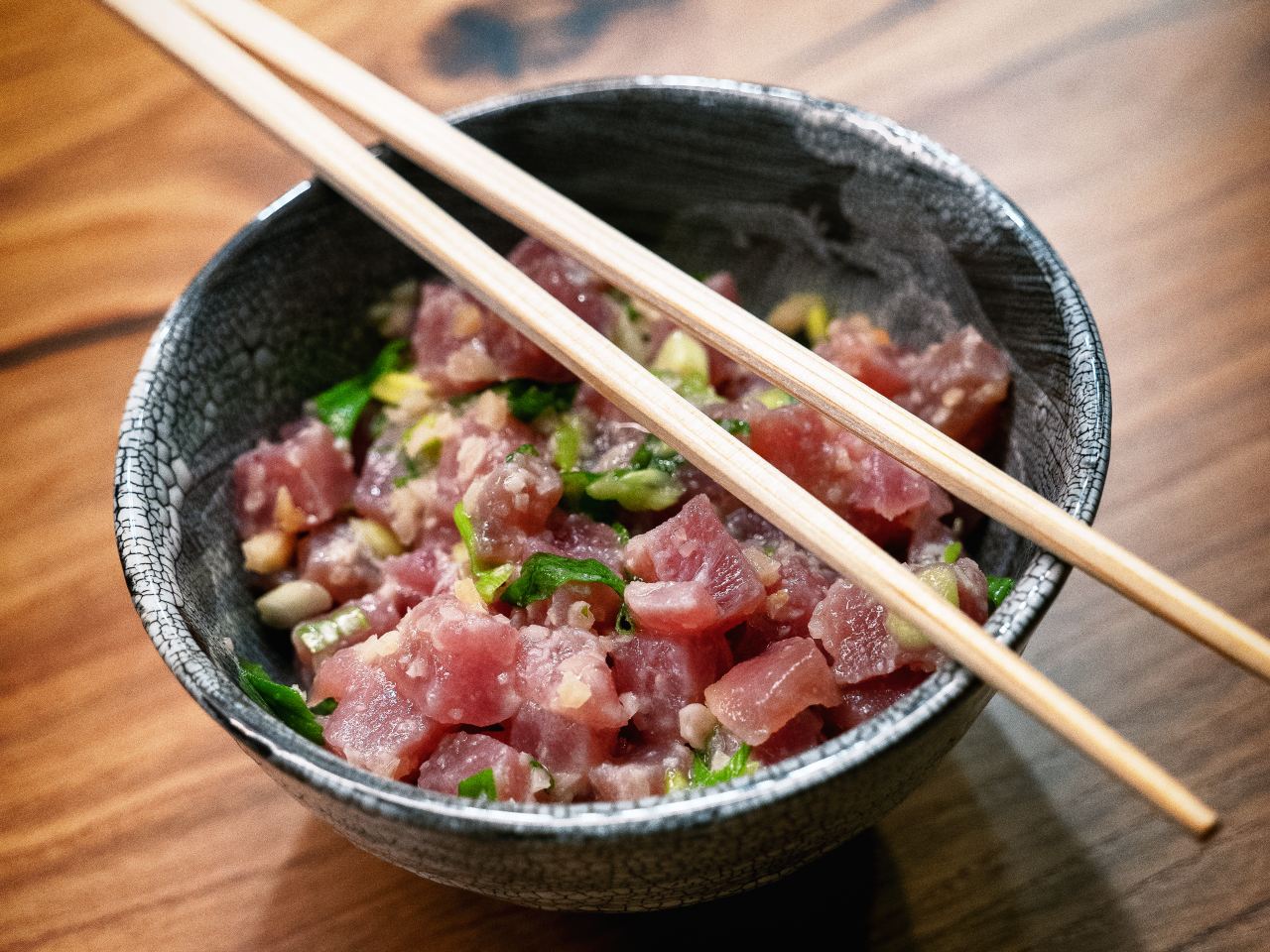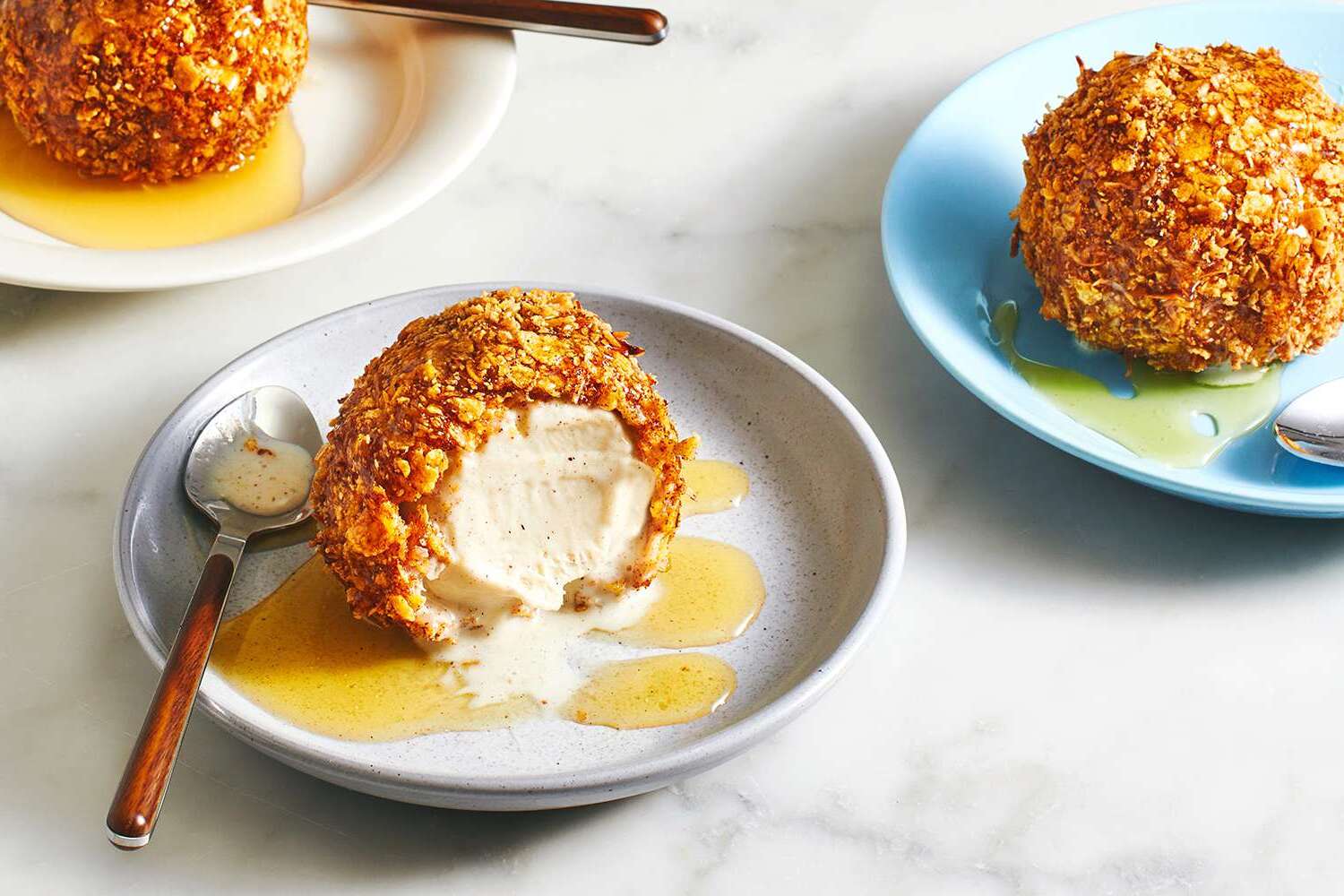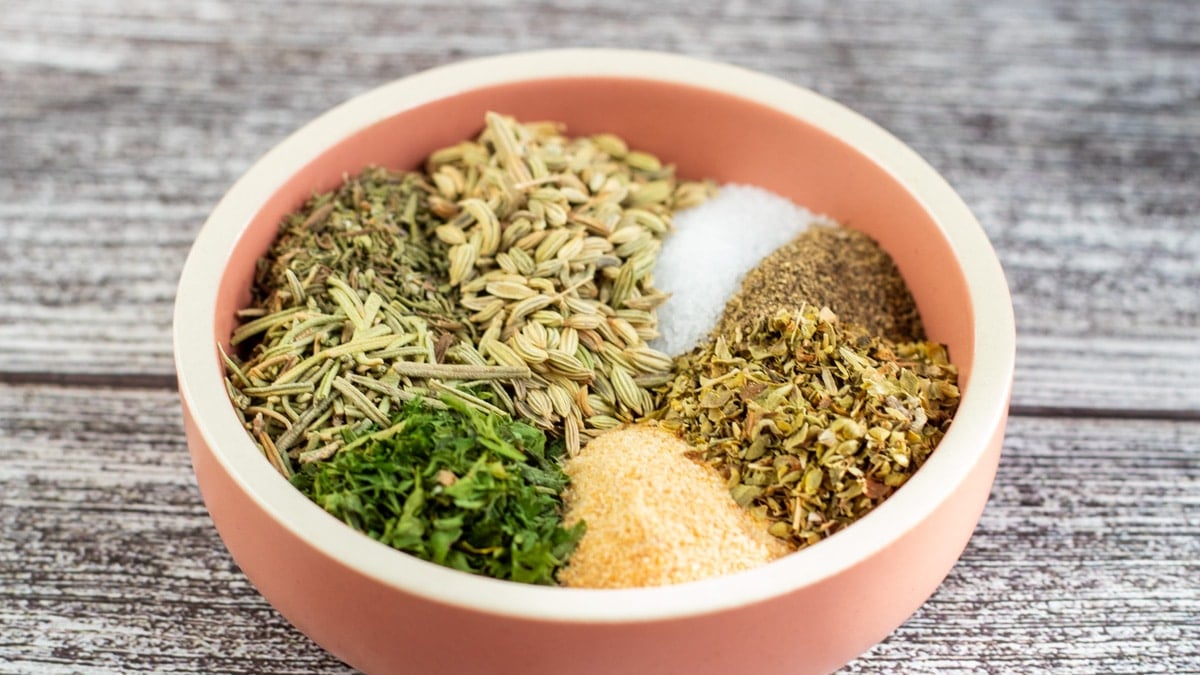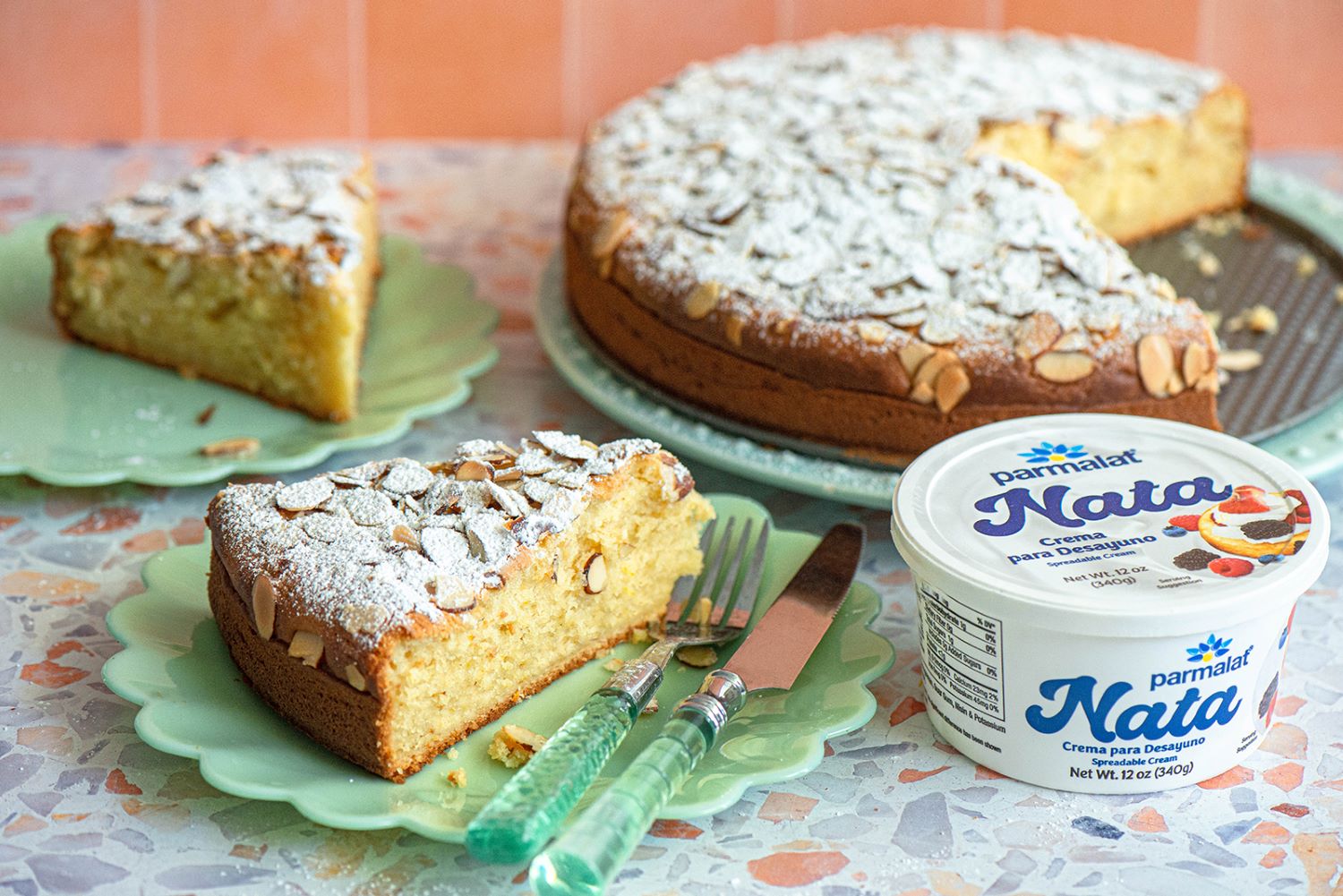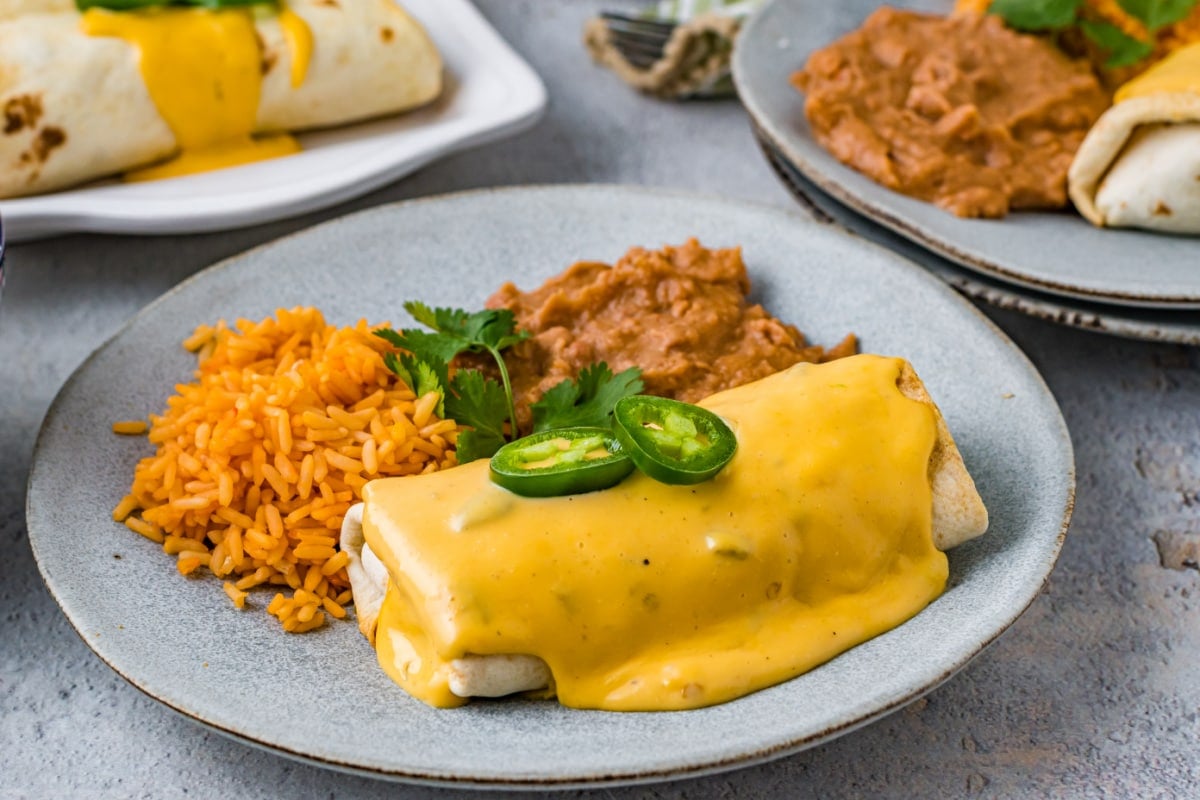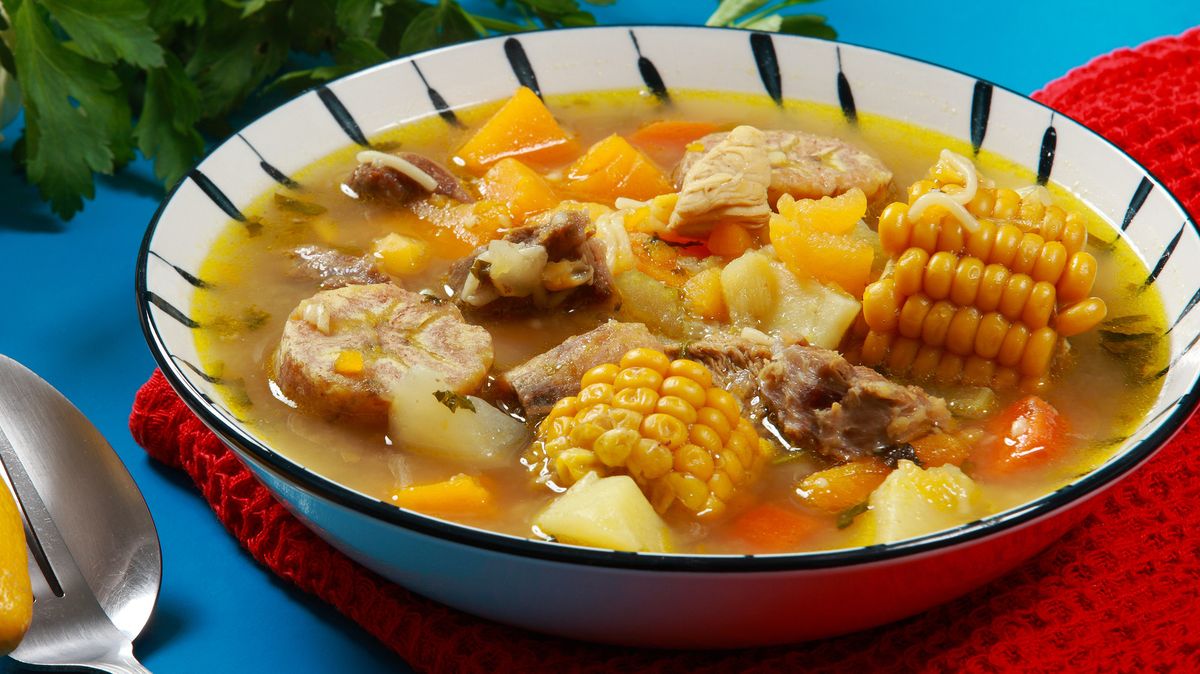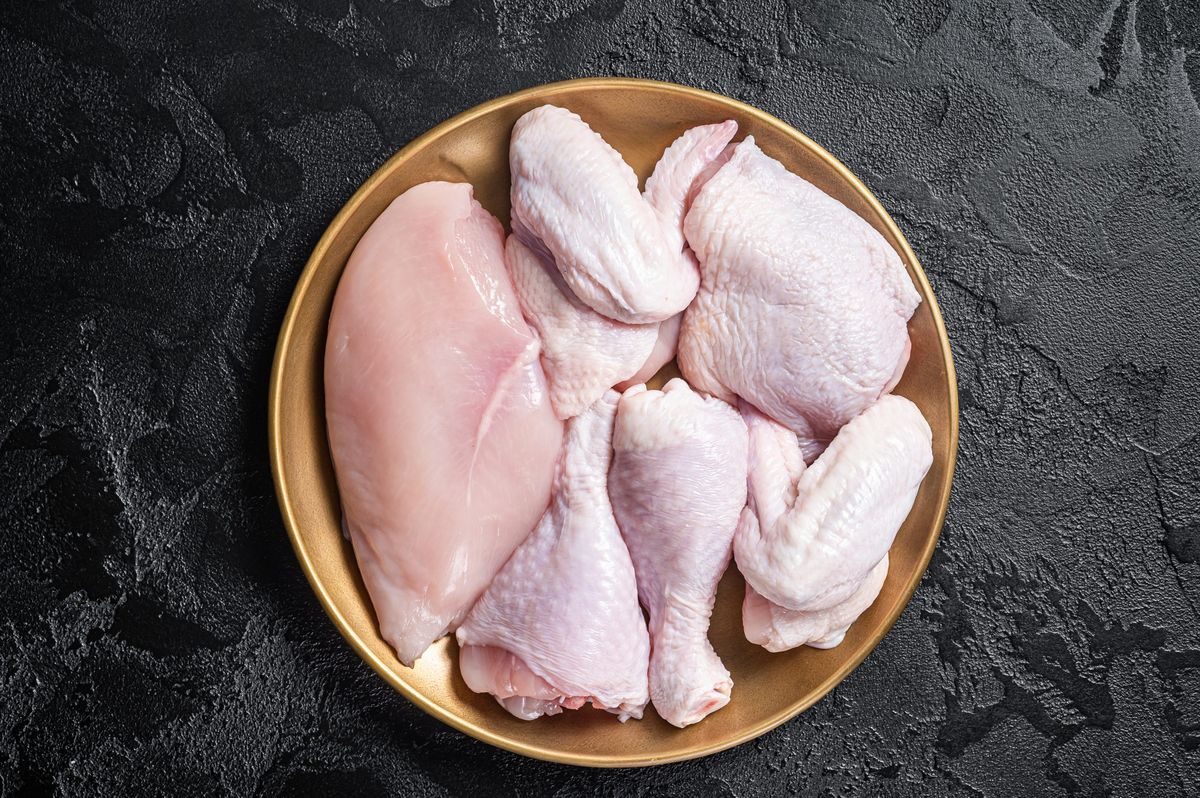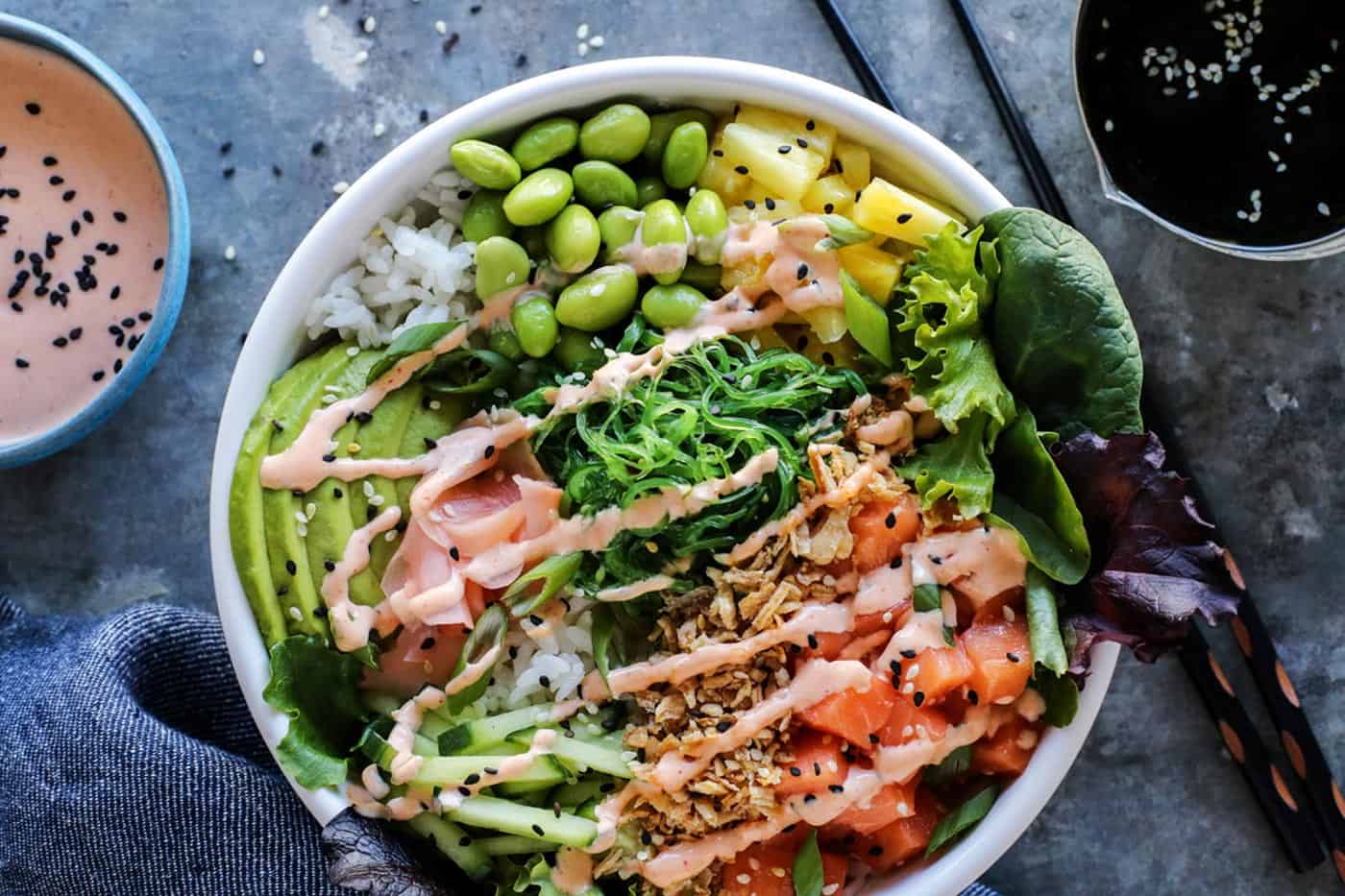Understanding Different Ways to Cook Eggs
When it comes to cooking eggs, there are several different ways to prepare them. One of the most popular methods is cooking them over easy, medium, or hard. Each of these cooking styles results in a different texture and consistency, making them suitable for various preferences. Let’s take a closer look at what each of these terms means and how they affect the outcome of your eggs.
Over Easy
Over easy is a popular way to cook eggs, especially for those who enjoy a runny yolk. To prepare eggs over easy, you start by cooking them in a skillet with a small amount of butter or oil. Once the whites are set, you carefully flip the eggs over and cook them for a short time on the other side. The goal is to have the whites fully cooked while the yolk remains runny.
When you cut into an over easy egg, the yolk will flow out, creating a delicious and creamy addition to your meal. This style is often preferred for dishes like eggs benedict or as a topping for burgers and sandwiches.
Over Medium
Over medium eggs are cooked for slightly longer than over easy eggs, resulting in a yolk that is partially set. To achieve this, you cook the eggs in the same manner as over easy, but leave them in the skillet for a bit longer after flipping. This allows the yolk to thicken slightly while still maintaining some of its creamy texture.
Over medium eggs are a great choice for those who enjoy a slightly runny yolk but prefer a firmer texture. They work well in breakfast sandwiches, on top of hash browns, or alongside crispy bacon.
Over Hard
Over hard eggs are cooked until both the whites and the yolk are fully set. This style is achieved by cooking the eggs for a longer period of time on each side, ensuring that the yolk is completely cooked through. The result is a firm yolk with a consistency similar to that of a hard-boiled egg.
Over hard eggs are ideal for those who prefer a fully cooked yolk without any runniness. They are often used in breakfast burritos, breakfast bowls, or as a topping for salads.
Conclusion
Whether you prefer your eggs runny, slightly set, or fully cooked, there is a method that suits your taste. Understanding the differences between over easy, medium, and hard eggs allows you to prepare them exactly how you like. Next time you’re in the kitchen, consider trying out one of these cooking styles to create the perfect eggs for your meal.
Was this page helpful?
Read Next: What Is Mafa Chicken
